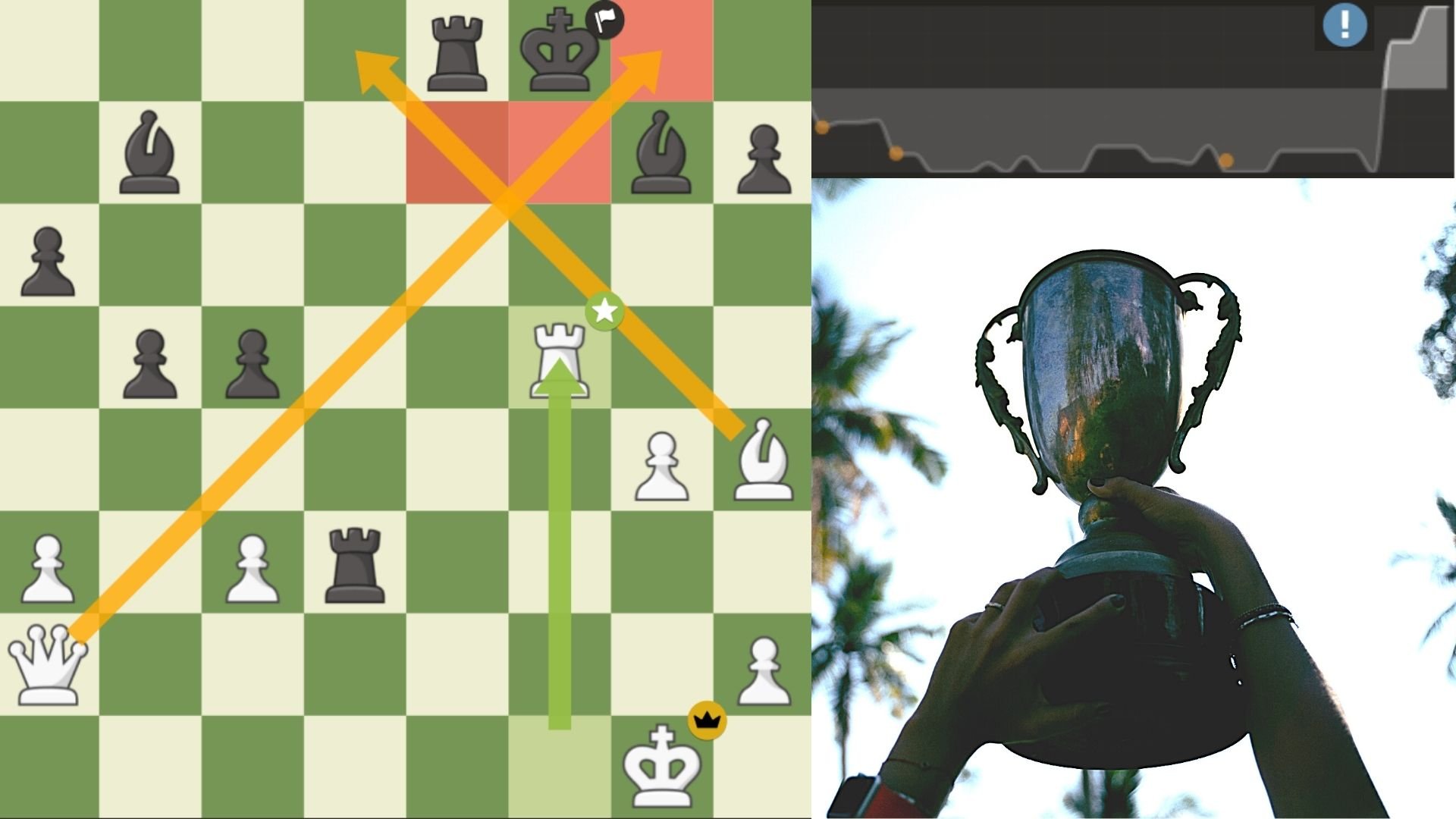Celebrate Your Wins!
Soccer (or football for those outside of America) can be a very emotional sport. At least compared to other sports we watch in America, goal celebrations in soccer can sometimes seem extravagant. But what's most interesting about this mentality is how it applies to penalty shootouts.
These are often very tense affairs where a team's progress in a major tournament like the world cup is decided by one mistake, by one bad kick. These shootouts are more about psychology rather than raw skill. Not every professional player can bend in a freekick goal from outside the box, but any professional is capable of scoring a penalty kick from 12 yards out and only the goalkeeper in the way.
And people have studied penalty shootouts of course to try to find some way to gain an advantage for their team. One result from these studies is that there is an extra advantage when players celebrate scoring their penalties. That is, when a player scored earlier in the shootout and was more animated in their celebrations, this helped motivate their own team to do better and feel more confident, and have a better chance of scoring their own kicks. This week I'd propose that we can use this same logic to help keep ourselves motivated during our learning process.
In the few weeks, I've talked a bit about how we handle some of the negative emotions that can come up in the learning process. We'll inevitably come across stumbling blocks in our learning process, and rather than think of these as "failures" we have to view them as investments in our future success. And I also talked about how we can set stakes: the fear of a punishment or negative outcome to motivate ourselves to accomplish our goals.
But this week, I want to focus on the positives! Because there will be times when you have your positive outcomes as well, and I encourage you to celebrate those! This is also an important part of the learning process and maintaining motivation. It's an especially great reason to make your learning process public somehow, whether that's posting about it on social media, or going so far as to make a blog or write articles on Medium. This way, you have a platform on which to share your successes.
A lot of times in my past, both in competitive endeavours and in just learning and studying, I didn't take the time to celebrate wins and that was a big drag on morale. Because I would have a negative response to losing, and then when I won or got things right, I would often be more exasperated than anything, saying things like "wow I had to work so hard for that, it wasn't pleasant", or else I would just really "expect" myself to win. So when I did win it was kind of a neutral feeling like "oh yea of course I won, I'm good at this, I'm supposed to win."
You want to make it so that both winning and losing are positive experiences for you, rather than negative experiences. When you really see evidence that you've gotten better, share it! Find someone to give a high five or fist bump.
So a couple weeks ago I shared some of the blunders from my baseline chess games, but today I'm going to show some of the highlights, where I felt like I played pretty well and made some good decisions. As always, I'll encourage you to download my learning checklist. It'll give you a high level overview of my learning process and many of the lessons I've learned along the way. But now, here are the highlights! (You can skip the first few minutes of the video, which just restate the points in this article).
